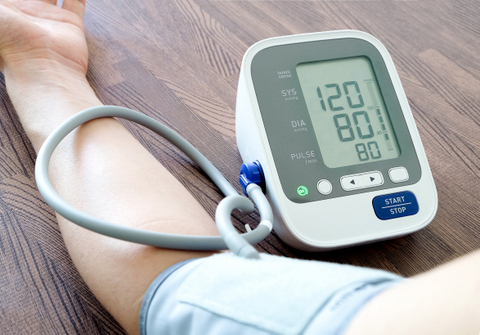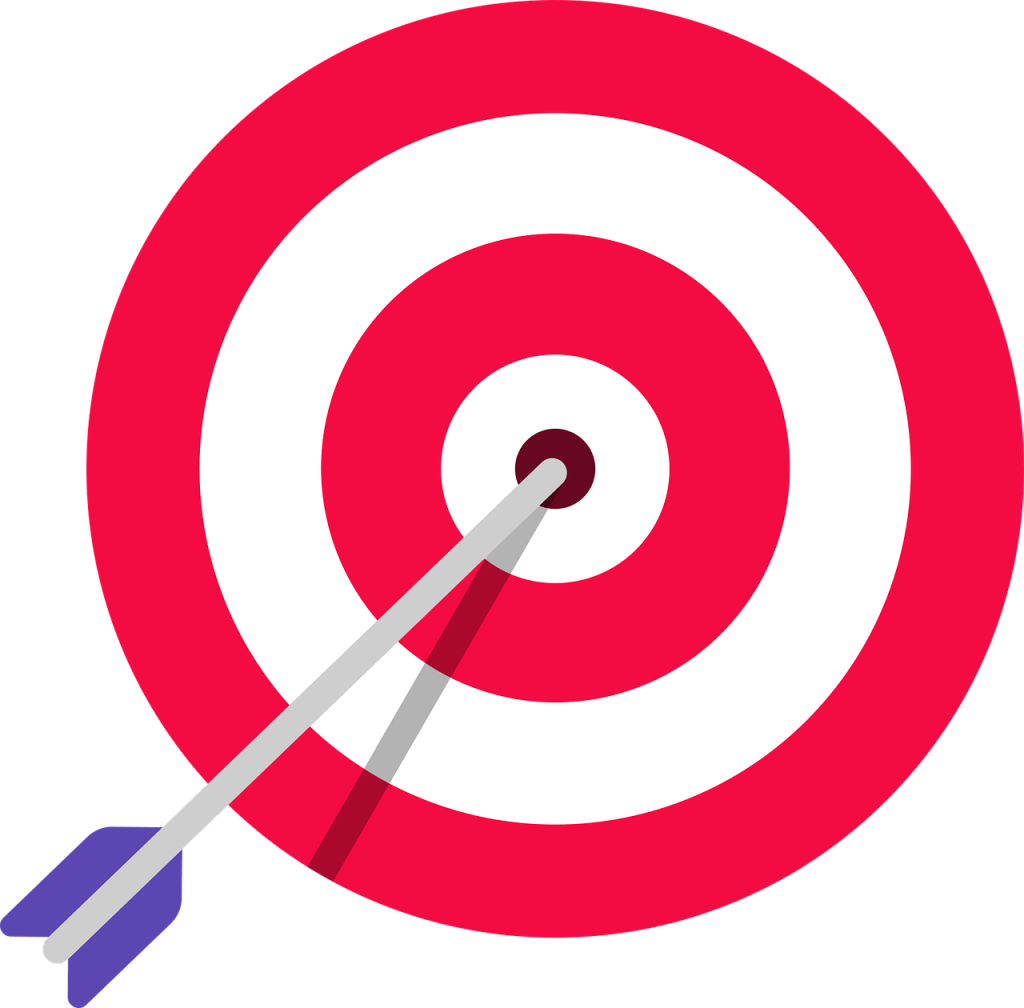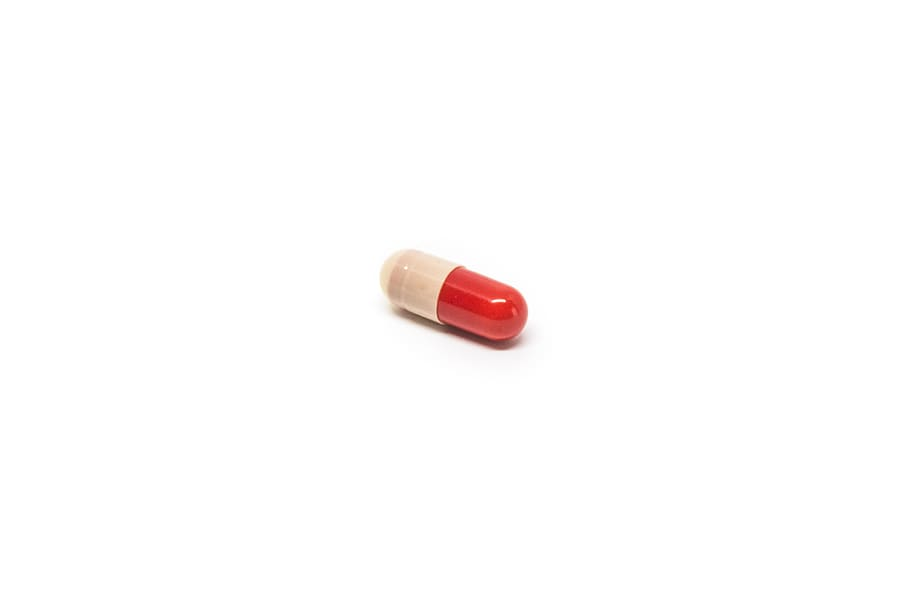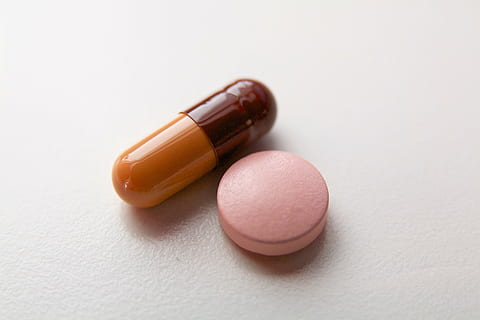Units 10 & 11 Horizon Business Village
1 Brooklands Road, Weybridge, Surrey. KT13 0TJ.8am - 6pm Weekdays
8am - 1pm SaturdaysHow to manage your blood pressure

How to manage your blood pressure
You might like to read ‘Blood pressure basics’ before reading this article.
You have been diagnosed with high blood pressure
It is well known that once you start medication for high blood pressure (hypertension), it is usually lifelong. That holds true unless you do something to reverse the underlying cause.
The reason for life-long treatment is to reduce your risk of the complications of high blood pressure. These include heart attack, stroke, kidney damage and worsening of your eye sight. So it is really important to have your blood pressure controlled to avoid premature death and disability.
Medical treatment

Target blood pressure
The aim of treatment is to achieve a blood pressure of 140/90 or better. For people aged 80 or more the target is slightly higher at 150/90.
Any blood pressure reading of 180/120 or more is potentially dangerous and you should seek urgent medical attention.

Which medicine to start with
Doctors are really good at adjusting medication to normalise your blood pressure. Most of the time this is easy to do.
At the time of writing, there are five main families of medicine that are used to treat high blood pressure. Any of them can be used to start treatment but the current recommendations go something like this:
If you are a diabetic or your age is less than 55, then you should take medicine called an ACE inhibitor. ACE stands for Angiotensin Converting Enzyme. These medicines end in -pril. Examples include ramipril and lisinopril. Sometimes, patients have side-effects with these and they may be changed to a similar medicine called an ARB (Angiotensin Recptor Blocker). These drugs end in -sartan. Examples include losartan and valsartan. Patients taking ACE inhibitors and ARBs should have blood tests for kidney function at regular intervals. The first test is usually 2 weeks after starting the medicine. Your kidney function is then usually tested every 6 months to 1 year once you are on a stable dose.
If your age is 55 or more or you are an Afro-caribbean, then it would be better to start treatment with a medicine called a calcium-channel blocker. These drugs mostly end in -pine. Examples include amlodipine and felodipine.
Other blood pressure medicines include diuretics (‘water tablets’). Their names usually end in -ide. Examples include bendroflumethazide and indapamide. Regular blood tests to check kidney function are also important if you are taking these as potassium levels may drop.
The 5th family of drugs are called beta-blockers. Their names end in -olol. Examples include bisoprolol and propranolol. Any of these can also be used as first-line medicines to treat high blood pressure. However, nowadays they are mostly used as add-on drugs when the first medicines do not bring the blood pressure into control.

When one drug does not control your blood pressure
There is a tendency for the dose of blood pressure medicine to be increased over time in order to keep your blood pressure under control. Other medicines may also be added over the years. This is more likely to happen if you are not doing enough to change your lifestyle to fix the underlying problem.

When is the best time to take your blood pressure medicine?
In a word, bedtime!
A large study of 20,000 people showed that taking blood pressure medicine at bedtime gave the best blood pressure control. It also reduces risk of future heart attacks and strokes.
Monitor your blood pressure
Blood pressure is silent
Studies have shown that blood pressure patients think that they can feel symptoms if their blood pressure is high . Common beliefs that people have are that it causes headaches or dizziness. However, we know that high blood pressure causes no symptoms in most people. You cannot feel it. This is important to know because people sometimes stop taking their medicines because they feel okay. Others take medicine only when they feel that it is high.
Once you start taking blood pressure medicine, it is important that you always take it regularly. You may not feel it but constantly high blood pressure is damaging your body without you knowing it.
Get yourself a blood pressure machine
Since you cannot feel high blood pressure it is important to monitor it. Nowadays this is easy to do with the help of modern blood pressure machines. The type of machine you should purchase is discussed in ‘Blood pressure basics’. Click here to take a look.
Monitoring your own blood pressure will give you more awareness and confidence in your blood pressure control. It will also save you trips to see your doctor.

Work with your doctor
Doctors like to check your blood pressure more frequently when they start you on a new medicine, when changing the dose, or when adding more medicines. They check less frequently when you are on a stable combination and dose of drugs. This might typically be every 6 months or once per year.
You can work with your doctor and save yourself the time and effort of attending the clinic by sending in a home blood pressure diary. The clinic can then store the diary in your electronic medical record so that your doctor can view it.
Click here to download a home blood pressure diary.
Medical consultations are being increasingly done over the telephone and by video. You can really make your life more convenient by having the ability to check your own blood pressure. It may save you many face-to-face clinic visits and car parking problems!
What causes high blood pressure?
Lifestyle
There is no underlying disease process causing high blood pressure in the vast majority of people. It is purely due to lifestyle and this is why it is called Essential Hypertension.
What about genes?
Genes do matter. The Framingham Heart Study showed that you have an increased risk of having high blood pressure only if your parents had high blood pressure before age 55. The risk was found to be double if one parent had high blood pressure, and 3 and a half times if both parents had it.
However, your DNA is not your destiny. First of all, you not only inherit your genes from your parents but also their way of living, especially what you eat. Secondly, the expression of your genes and how they affect your body can change with your lifestyle especially your diet. What this means is that if you have inherited unfavourable genes, then you will need to change your lifestyle to a greater degree.
High blood pressure in pregnancy increases risk
Some women develop high blood pressure during their pregnancy. This usually returns to normal up to a few months after giving birth. However, about one-third of these women then go on to develop high blood pressure later in life. This can be even as soon as 1 year after having their baby. The main risk factor for developing high blood pressure after their pregnancy is obesity.
We cannot change our genes, but we can change our lifestyle. The next article is all about the things that you can do that will help.


